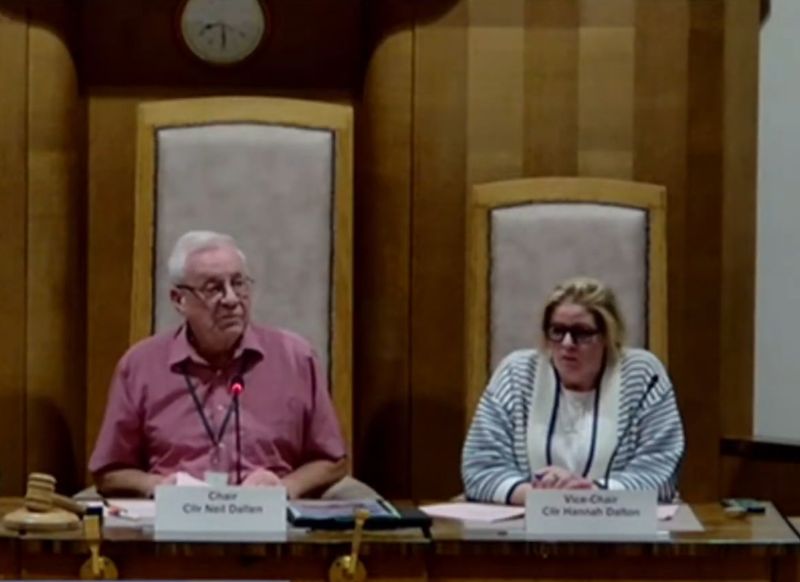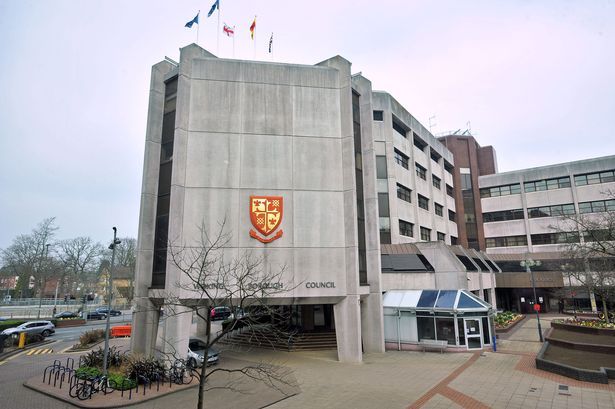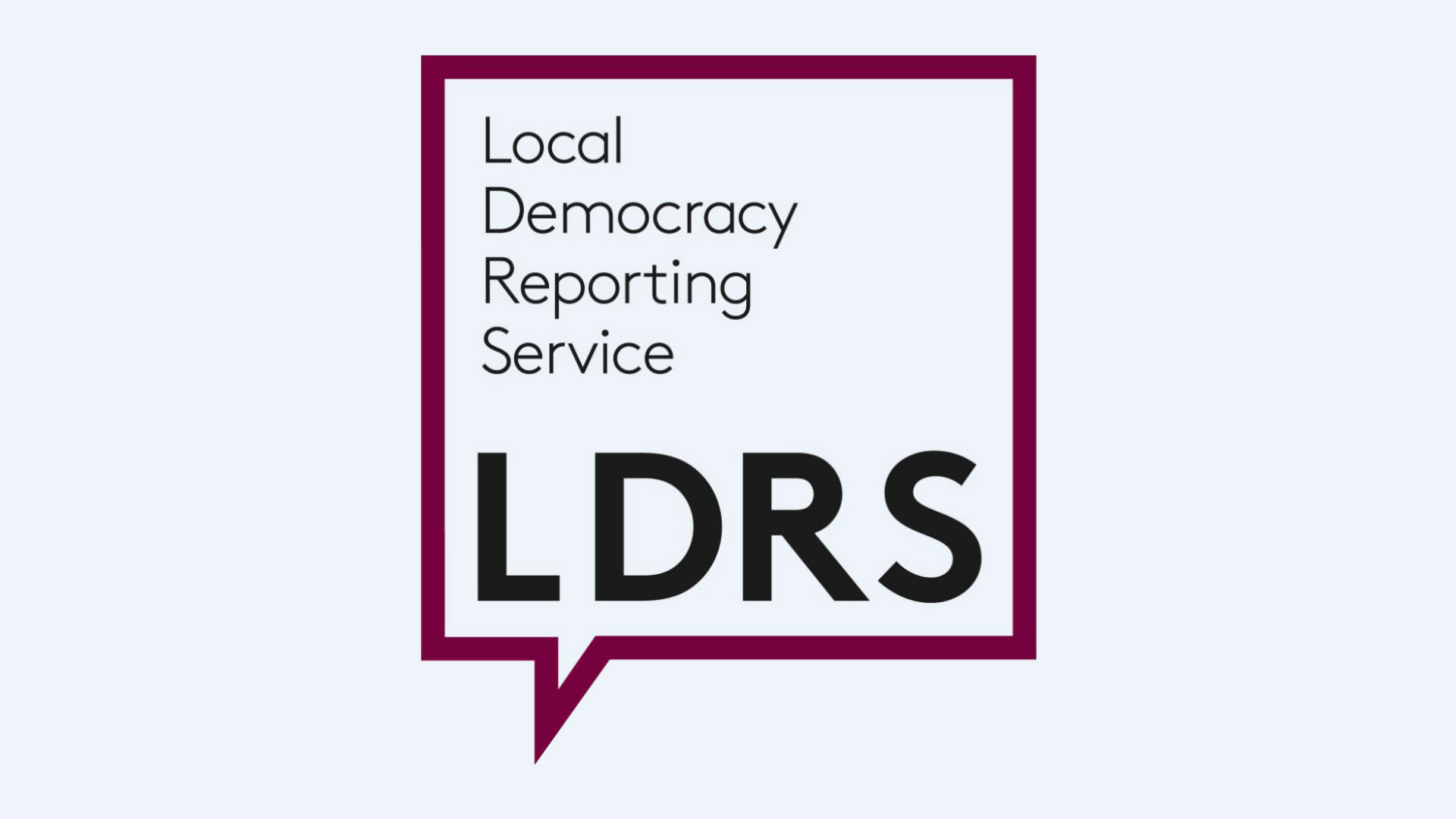Could Woking’s debt be shared by you after reorganisation?
Chris Caulfield of the BBC’s Local Democracy Service brings us the latest twist in the awful Woking Borough Council debt crisis. Its £2.1 billion debt accumulated under a Conservative administration from unwise property dealings. The Labour Government is driving forward a reorganisation of Surrey’s local government and there is anxiety that Woking’s debt will be spread to a wider Council tax payer base as a result. Could Epsom and Ewell householders end up paying for the mistakes of Councillors they did not elect?
Even if bankrupt Woking Borough Council sold everything it owned, it would still be more than £1.5 billion in debt. The huge figure was published as part of the ongoing reports Government commissioners must produce on the broken borough as it goes through the painful process of rebalancing its books.
The report stated that while the council, which declared itself bust in 2023 following a disastrous regeneration program that saddled residents with huge tax rises and massive service cuts, was taking steps to sell off its assets, the level of debt was still such that it needed significant government support. Published on March 6, the report revealed that the council had a core spending power of £16.9 million a year – but servicing its £2.1 billion debt was costing £1.3 million a week in interest alone.
“Even if everything else could be disposed of, the level of overhanging debt would still be significant, over £1.5 billion, as the level of debt far exceeds the value of assets,” the report stated. It added that some assets, such as the council’s social housing valued at £400 million, had to be retained. However, if the council did nothing, the annual interest costs and loan servicing would average £70 million and £73 million a year respectively, “which would add significantly to the level of debt.”
The council was granted Exceptional Financial Support for the next two years, allowing it to cover interest and other revenue costs. However, the commissioners warned: “With no ability to repay the exceptional financial support through asset sales, let alone all the legacy debt, the position is not sustainable. Work is underway to determine the best exit strategy from the commercial legacy, which we are engaging with government on, and it is recognised that a long-term financial solution will not be in place for the 2025/26 budget process. However, the current position is not viable, and commissioners are keen to continue engaging with government on the route forward.”
Responding on behalf of the Ministry of Housing, Communities and Local Government, Baroness Taylor of Stevenage acknowledged the bleak situation but stated that the department was reassured Woking Borough Council was committed to radically overhauling its operations. Serious concerns remained over the task ahead and the potential impact on the impending reorganisation of local government – the dissolution of Surrey’s boroughs, districts, and county council, to be replaced with either two or three larger unitary bodies with an elected mayor.
Baroness Taylor wrote: “I share your concerns about the capacity of the council to deliver this programme of change and encourage you to work with the council and the ministry to consider how we can best enable the council to improve, for the benefit of residents. We have been clear with councils in Surrey that commissioners have a vital role, not only in supporting Woking to continue to improve but also in responding to the invitation to all principal authorities in Surrey to provide proposals for local government reorganisation, to ensure that proposals are robust.”
Related reports:
What Epsom could do with Woking’s £75 million bail out?
Ex-Council Officers under investigation for Woking’s £2 billion debt
Will Epsom and Ewell be bailing out Woking?
No wonder Woking went bankrupt. Scandal of private school loans















